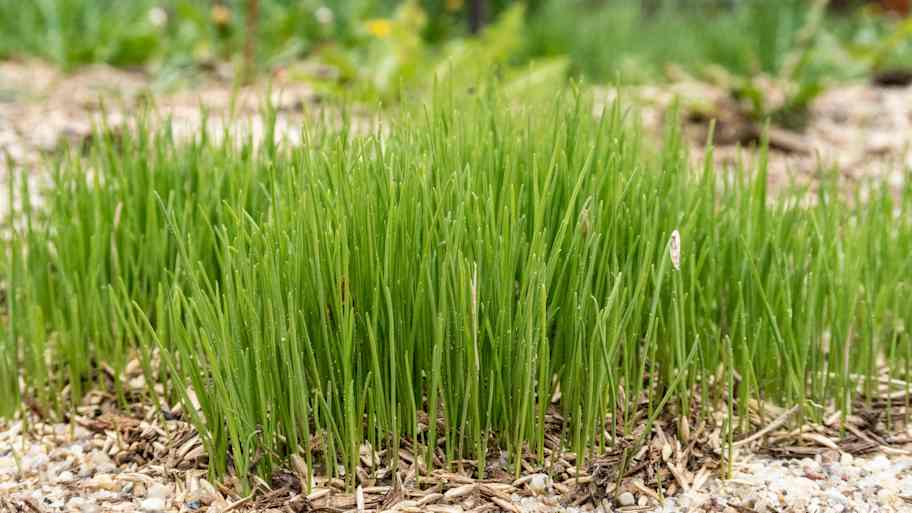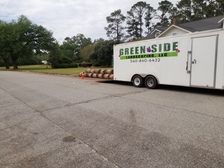
Get matched with top lawn fertilization and treatment specialists in Putney, GA
Enter your zip and get matched with up to 5 pros
Need a pro for your lawn fertilization and treatment project in Putney, GA?
Verified Reviews for Lawn Fertilization And Treatment pros in Putney, GA
*The Angi rating for Lawn Fertilization And Treatment companies in Putney, GA is a rating based on verified reviews from our community of homeowners who have used these pros to meet their Lawn Fertilization And Treatment needs.
*The HomeAdvisor rating for Lawn Fertilization And Treatment companies in Putney, GA is a rating based on verified reviews from our community of homeowners who have used these pros to meet their Lawn Fertilization And Treatment needs.
Last update on December 10, 2025
Find Lawn fertilization and treatment specialists in Putney
Daniels lawn service
Daniels lawn service
Mobile detail and lawn service cleaning
Mobile detail and lawn service cleaning
Elite Outdoor Concepts
Elite Outdoor Concepts
We are a full service landscape, irrigation, outdoor lighting, & lawn care company. Serving southwest ga
We are a full service landscape, irrigation, outdoor lighting, & lawn care company. Serving southwest ga

Davenport Turf Care
Davenport Turf Care
Specializing in Turf and Ornamental pest control and fertilization.
Specializing in Turf and Ornamental pest control and fertilization.
Proform Landscape Co
Proform Landscape Co
Complete lawn maintenance, irrigation, landscaping, fertilizer, insecticide, herbicide
Complete lawn maintenance, irrigation, landscaping, fertilizer, insecticide, herbicide
The Putney, GA homeowners’ guide to lawn fertilization and treatments
From average costs to expert advice, get all the answers you need to get your job done.
 •
•Discover the cost to fertilize your lawn, including average prices, key factors, and tips to help homeowners budget for a lush, healthy yard.
 •
•Discover average lawn aeration cost, key price factors, and tips to save. Get a clear estimate for your yard and learn how to choose between DIY and hiring a pro.
 •
•Discover average hydroseeding cost, key price factors, and ways to save. Get transparent estimates for your lawn project and make informed decisions for your home.

Ready to give your yard a fresh start? With these tips for grass seed planting, your lush lawn dreams are one step closer to becoming a reality.

Grass seeds thrive in soil rich in nutrients, but a potting mix will not support your grass’ long-term health. Find out which type of soil is best for grass.

If you’re looking to apply fertilizer to your lawn, there are a few things you need to get right first. Make sure you’re ready to answer these lawn fertilizer questions before you start.
- Sylvester, GA Lawn fertilization and treatment specialists
- Doerun, GA Lawn fertilization and treatment specialists
- Albany, GA Lawn fertilization and treatment specialists
- Poulan, GA Lawn fertilization and treatment specialists
- Baconton, GA Lawn fertilization and treatment specialists
- Leesburg, GA Lawn fertilization and treatment specialists
- Camilla, GA Lawn fertilization and treatment specialists
- Norman Park, GA Lawn fertilization and treatment specialists
- Moultrie, GA Lawn fertilization and treatment specialists
- Omega, GA Lawn fertilization and treatment specialists
- Ashburn, GA Lawn fertilization and treatment specialists
- Pelham, GA Lawn fertilization and treatment specialists
- Ty Ty, GA Lawn fertilization and treatment specialists
- Sycamore, GA Lawn fertilization and treatment specialists
- Tifton, GA Lawn fertilization and treatment specialists
- Meigs, GA Lawn fertilization and treatment specialists
- Berlin, GA Lawn fertilization and treatment specialists
- Newton, GA Lawn fertilization and treatment specialists
- Arabi, GA Lawn fertilization and treatment specialists
- Coolidge, GA Lawn fertilization and treatment specialists
- Leary, GA Lawn fertilization and treatment specialists
- Lenox, GA Lawn fertilization and treatment specialists
- Dawson, GA Lawn fertilization and treatment specialists
- Smithville, GA Lawn fertilization and treatment specialists
- Cordele, GA Lawn fertilization and treatment specialists
- Sparks, GA Lawn fertilization and treatment specialists
- Morgan, GA Lawn fertilization and treatment specialists
- Pavo, GA Lawn fertilization and treatment specialists
- Enigma, GA Lawn fertilization and treatment specialists
- Adel, GA Lawn fertilization and treatment specialists


